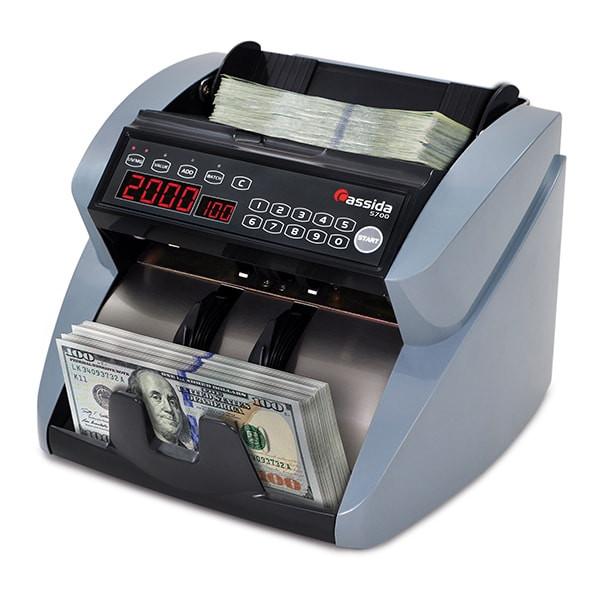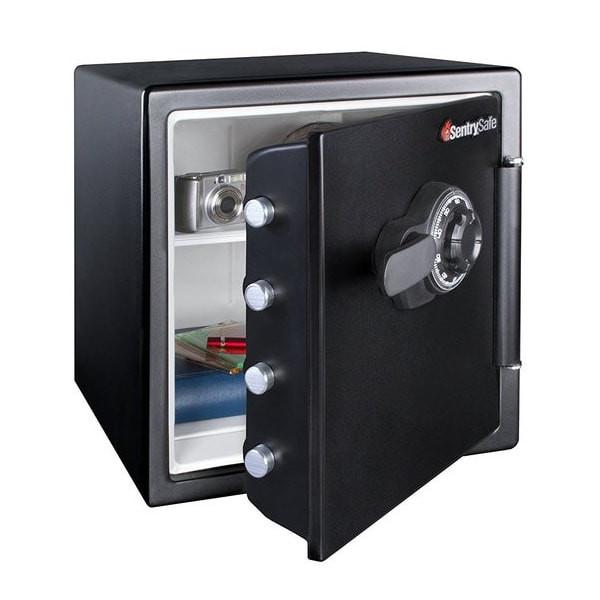7 Smart Ways to Protect Yourself from Identity Theft
Over 15 million US residents have their identities stolen each year. Identify theft results in financial losses amounting to $50 billion. On average 7% of adults have their identity misused, which results in a loss of $ 3,500 per person for each case of stolen identity. 100 million people are potentially at risk of having their identities stolen. These statistics show that anyone is vulnerable to identity theft. However, this does not have to be the case. By taking certain measures, you can significantly reduce your chances of someone else impersonating you. Here are some of the things that you can do.

1. Never release your private information to just anyone
According to the Houston police department, when someone contacts you asking for your private information, be on the defensive. Find out who they are, which company they work for and why they need the information. If they seem to be genuine, then get in touch with the company directly and verify the authenticity of what you have been told. If possible, go down to the company's offices and provide information there but don't release your private information to anyone over the phone or the Internet.
2. Protect data stored in your computer
The primary way to do this is to ensure that you have installed a good antivirus software on your computer. Perform deeps scans on your computer from time to time to check whether there have been any security breaches and if there are any malware or software infections.
Use a strong password on your computer. This ensures that even if your computer gets lost or it is stolen, someone won't be able to access the information inside your computer. If you want to give your computer away or sell it or discard it, make sure to wipe off all the data on it first. Overwrite the hard drive using a wipe utility program.
3. Keep all your personal information secure
Keep your private documents safely locked up at home and in a safe place. Keep the information away from any of your roommates and coworkers or anyone else who comes into your home. Always keep your purse or your wallet securely and don't live it lying around.
According to the Smithsonian Institute, when mailing out stuff, mail them out from the post office instead of putting stuff in your mail box for collection. If you receive any mail, promptly take it out of your mailbox or only use the mailbox if it has been secured with a lock. A safer option would be to get a post office box for all your incoming email.
Also, when you are going out, limit the personal documents that you carry around. Only carry the things that you need. For instance, only carry the debit and credit cards that you will use and some sort of identification document. Leave your social security card at home.
4. Prevent medical identity theft by regularly reading your health insurance statements
According to the Federal Trade Commission, medical identity theft happens a lot. Make sure that the claims made on the forms match the medical care that you have received. Check the dates of service, the heath care provider and the treatment received. If you notice something out of place, contact your insurance provider and inform them.
In addition, make a copy of your Medicare card and black out all the numbers except for the last four and then carry the copy around, unless you are sure that you will be going to the doctor's office that day.
5. Avoid over sharing information online
Be careful about the information you post on social media. Someone can use the information you provide online to answer the security questions asked in your online account and hack into your account. This will enable them to gain access to your personal information and money. For this reason, limit the number of people who access your page to only a few people. Also, avoid posting your social security number, address and account numbers online.
6. Use identity protection services
These companies work by monitoring your personal information to ensure that nothing fishy is going on. They track activity on your credit reports, or check when your personal information is used up in ways that you normally don't, such as when there is an application for payday loans or a request for change of address or when there are orders for utility services like wireless services.
7. Use an ID scanner to verify the authenticity of ID's
This will prevent you from fraud, as you can easily tell if an ID document has been forged or if t is genuine. Some of the ID cards you can check include passports, driving licenses, social security cards and credit cards. This will help you to deal confidently and responsibly with other people, since you know that they are genuine. Certain models of ID scanners can also check for counterfeit bills and UV seals on official documents.




Leave a comment